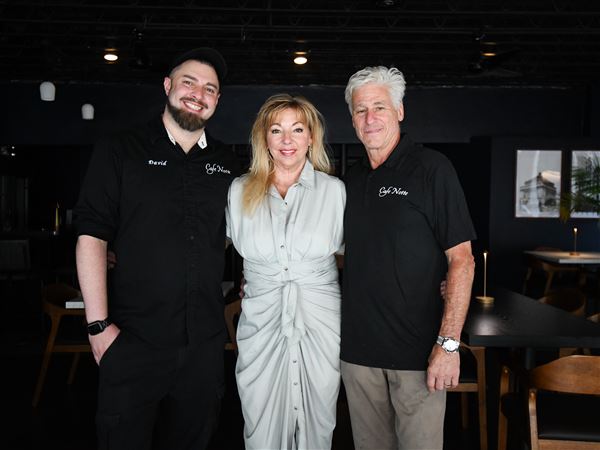If so many high-minded people think Donald Trump is a joke, why are they unable to summon any humor to interpret his utterances?
They may feel that in these serious times, the outrageous and over-the-top shouldn’t feature very often in any candidate’s public remarks. If so, the critics need to say that, rather than rushing to judgment, revealing bias and generally making things worse.
Humorlessness is a warning sign that your thinking on a topic may have moved into the territory of rigid orthodoxy. “May have,” but not necessarily.
Despite the events of this campaign cycle, politics is an arena in which some people still place great faith. Woe be unto you if you mess with their orthodoxy.
You’d think that recent events — Donald Trump’s ravaging of the Republican Party and the Democratic Party’s ravaging of Bernie Sanders — would have demonstrated that politics is not the safest repository of our hopes for humankind.
But some are hanging on for dear life. Thus their lack of perspective — most recently on Mr. Trump’s remarks on “Russia” perhaps being able to find Hillary Clinton’s missing emails.
Mr. Trump says many bizarre and outrageous things — that’s always been his style, and it garners him a lot of free media time — and his Russia-email-hacking remarks seem to fall squarely into this category.
The venerable but left-leaning New York Times took his comments at face value, claiming “Donald Trump Calls on Russia to Find Hillary Clinton’s Missing Emails.”
The Guardian of London ran a more provocative headline — “Donald Trump to Russia: Hack and Publish Hillary Clinton’s ‘Missing’ Emails” — but used more careful, detailed language in the article: “In a freewheeling response,” Mr. Trump “appeared to incite,” etc. etc.
In the digital age, even the “respectable” press amps up headlines to draw maximum attention, but the article itself often fails to deliver.
And so it is with this story. Buried much farther down, The Guardian supplied this important context: Mr. Trump had observed that if Russia was behind the hack of Democratic National Committee emails, it would also have been able to penetrate Mrs. Clinton’s private email server.
“Russia, if you’re listening,” he said, “I hope you’re able to find the 30,000 emails that are missing. I think you will probably will be rewarded mightily by our press. Let’s see if that happens.”
The last two of those three sentences make it clear that Mr. Trump’s tongue was firmly in his cheek. He’s alluding to the well-established Democratic bias of the mainstream media, who have largely brushed off FBI Director James Comey’s scathing assessment of the former secretary of state.
Instead, the media went after Mr. Trump — to a degree that’s pretty surprising, even to those of us who are not Trump fans.
Beyond the “straight news” coverage, CNN analyst David Gregory’s comments have garnered particular attention in the non-Democratic world of talk radio:
“I’ve run out of words to express my shock and how completely beyond the pale Donald Trump is. … He is encouraging Russia — which by all accounts was behind the leak of our major — one of our major political parties — to do more … to try to hack into Hillary Clinton’s server to try to find missing emails. It’s as if this is a child playing with matches.”
At that moment, it was not “by all accounts” that Russia was behind the hack of Democratic National Committee emails, but it certainly was and is the Clinton campaign’s tactic — with a big help from the Obama White House — to divert attention from the embarrassing and divisive content of those emails with some good, old-fashioned Russia fearmongering. It also fits nicely with their Trump-as-dictator narrative.
Mr. Trump’s comments were a counter-tactic, reminding everyone of Secretary Clinton’s carelessness with national security.
Mr. Gregory was just one of many political analysts so outraged that they couldn’t analyze the politics here.
Or so comfortable with the Democratic playbook that they didn’t even try. Witness Mr. Gregory’s interesting slip of the tongue. He referred first to the Democrats as “our major [political party]” before correcting himself to say “one of our major political parties.” (The progressive “Media Matters” website, once mentored by Hillary Clinton herself, has scrubbed that slip from its transcription of the CNN discussion.)
I’ll agree with those aghast at Mr. Trump that the stakes are too high for much hyperbole and jest.
All the more reason we need level-headed observers to listen and think hard about what’s really going on.
Ruth Ann Dailey: ruthanndailey@hotmail.com
First Published: August 1, 2016, 4:59 a.m.













